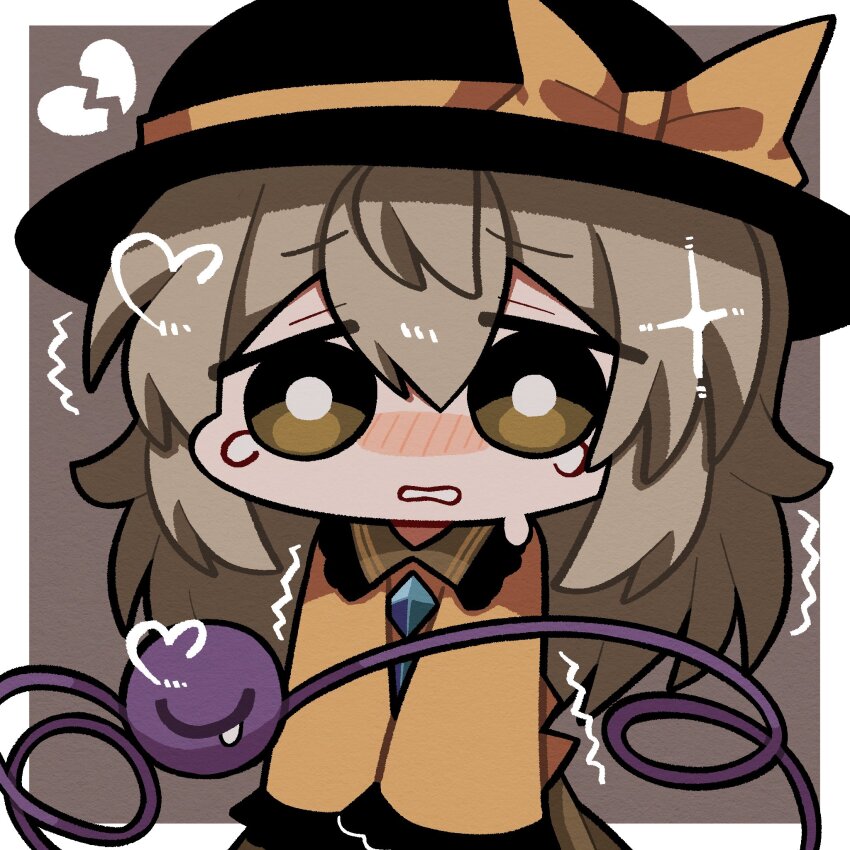hello! this is the first communist theory thing I actually managed to finish and fully understand, I’m gonna move on to other recommendations next, but I did get quite a lot of doubts that I noted in a little text file. none of them are gotchas just things I genuinely wonder about/don’t understand
i apologize in advance if these are common annoying questions, feel free to point me to other resources that answer these things if it’s too much  you also don’t have to answer everything
you also don’t have to answer everything
here’s the text in case it’s useful!! https://www.marxists.org/archive/marx/works/1847/11/prin-com.htm
Section 18
If competition is erradicated when every line of production is controlled by the state as Engels is proposing, will that mean an end of variety in consumer choice? I have indeed heard stories that people in socialist countries “only have one or two brands of X”, I’m not sure to what extent that is true but it seems like the natural conclusion from doing this…
Do you think this is better for an average person? main things that scare me are that, much like with companies in a market, how could we ensure the state produces things that benefit us and not benefit itself instead? this is what worries me about only having a single national bank too. Ideally if we only have one choice we have to make sure it’s the right one, no?
How would niche things, that benefit some part of the population but not everyone, be produced? Things like… fumo plushies, board games, or to put a less banal example, something that helps a condition that is uncommon and doesn’t spread but still exists, like special shoes to help some kinds of foot deformation for example…
thing is in a market system, niche things can make just as much or even sometimes more money than stuff that is produced “to be useful for everyone”, so they almost always appear in some way. but if all the production is controlled by the state, with very grand goals in mind, wouldn’t it not benefit them in any tangible way to invest in these kinds of things?
also, what would inspire innovation if it’s not competition? couldn’t the state just be satisfied with the results something is giving and not be interested in giving it resources to improve?
Section 19
I’m curious what communists think about this with a modern lens? AFAIK a revolution in a single country did happen right? And in Russia so none of the places Engels proposed. It didn’t really spread from there.
Section 20
do marxists think only economic class exists? wouldn’t there still be political classes? here it says that classes would end up disappearing because they only form due to division of labour. But isn’t there even in a fully realized socialist state a division of labour? even if everything is nationalized, isn’t there still a difference in power between, like, a furniture factory worker and the bureaucrat that oversees the state’s furniture building company? even if that bureaucrat is not monetarily richer than the worker per se.
also, it predicts here that education will give people the opportunity to understand the entire production system and thus jump from producing one thing to another, but since this book has written education has become a lot more universal, and that’s not what really happened right? people still chose one thing to specialize on and do it all their lives (or they study something that doesn’t have work opportunities and work something else). is there a difference in how marxists want education to work?
Section 24
I have one doubt about what Engels says about democratic socialists, mainly that small capitalists (“petty bourgeoisie”) in general tend to have the same interests as the proletariat.
i think one of the things that has put me off about revolutionary communism is precisely the attitude towards small capitalists, to be honest my parents are part of them, and I’ve always struggled to see them as a big evil the same way I view corporate giants, mainly because it’s just obvious their aims are not the same
I think the exploitation Engels is talking about where the workers always get the bare minimum that can be afforded happens mainly in big companies, especially the ones that have investors and seek infinite growth, but small companies like my parents’s basically just want to get by and survive, they only want to maintain themselves at an earning level that can support my family and the families of everyone who works there, if they can’t pay the wages with the weekly earnings they take out of their own savings to do it
in my parent’s case they are over 70 so they couldn’t really be part of the factory work either way, and I think what they do is still valuable (managing things, attending calls, organizing production and planning, supervising the design of new ideas, solving disputes, marketing, training new employees, etc…)
will these kinds of companies be treated any differently?
thanks a lot for reading, in advance!


hey first off you’re amazing and I hope it’s been rewarding to take the first dive into theory
I’d love to address a lot of points but I’ll just address a couple for now because I’m in a time pinch currently
yes, fully correct, 100%. Since the economy is fully democratized and planned, it is up to the state to decide if restricting brand choice is ideal or if it’s actually in the state’s best interest to keep competition alive. Solutions vary on this - I don’t purport to know the best ones, but some examples are fashion would absolutely suck under one state brand and it’d likely be in the state’s best interests to facilitate several simultaneous brands, where something like medicine would do better under one brand, as having all the data on studies/usage/manufacturing under one roof enables safer and faster development. Under capitalism, all we can do is let each industry be dominated by the corporation or corporations that are the most profitable, but under socialism, we are free to choose any mechanism we choose to decide how many brands there are and how they are run.
yep. This is one of the things that Marx is notoriously wrong about, also that the highly developed world would see socialist revolution first. They tried their best to predict these things and they missed sometimes and you’ll find that there is a ton of modern theory that addresses these gaps nicely.
thanks a lot for the comment and praise
I don’t really have a reply, I agree with everything you said!! I can only ask
do you have any examples? I’ll add them to the massive pile…
I’m not who you asked, but I can think of a couple Marx/Engels concepts that have been expanded on by other theorists. What I find appealing about Marxism is that it’s approached as a science. If something is wrong, then it is ripe to be corrected, without throwing the baby out with the bath water. The point is for the proletariat to collectively and scientifically develop an understanding of the capitalist world so that it may more effectively advance its class interests.
thank you!